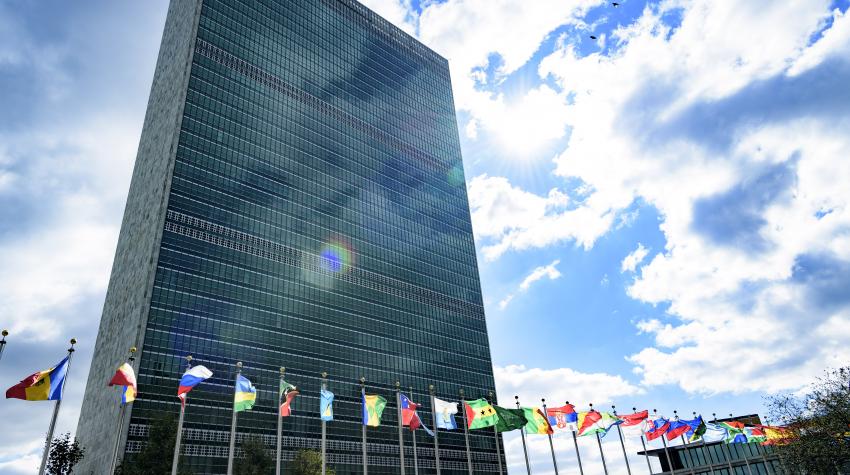March 24, 9:00 am EST
Zoom link: https://unwomen.zoom.us/webinar/register/WN_AMVZeICnT0-S-eywuDJtnw
More than 733 million people live in a context of high and critical water stress, where demand for safe, usable water outstrips supply. Where access is severely limited, women and girls must often walk long distances to collect improved water. In Iraq, which has high water stress (79.5 per cent), and where 30 per cent of the rural population has no improved drinking water on premises, women spend up to three hours per day collecting water. In India, in a quarter of rural households with no water on premises, women and girls devote more than 50 minutes per day to collecting water. By comparison, this figure was four minutes per day for men.
Unaffordable, inaccessible water has specific implications for women’s health due to increased needs for water and hygiene during menstruation, pregnancy and postpartum recovery. The average basic water requirement for a lactating woman is 5.3 litres a day. At least 20 litres a day per person is required for other basic needs such as handwashing, face washing, cooking and food hygiene. But those living far from a water source make do with much less. Without safe water, sanitation and hygiene, more than 800,000 women lose their lives every year. Increased disease is apparent in the 44 million pregnant women with sanitation-related hookworm, which causes maternal anaemia and pre-term births.
Water stress is intensifying, taking tolls on women’s and girls’ time, health and lives. The proposed side event will focus on presenting the latest available data on the status of the water crisis and its differentiated impact on women and girls, most especially women and girls in poor households.
